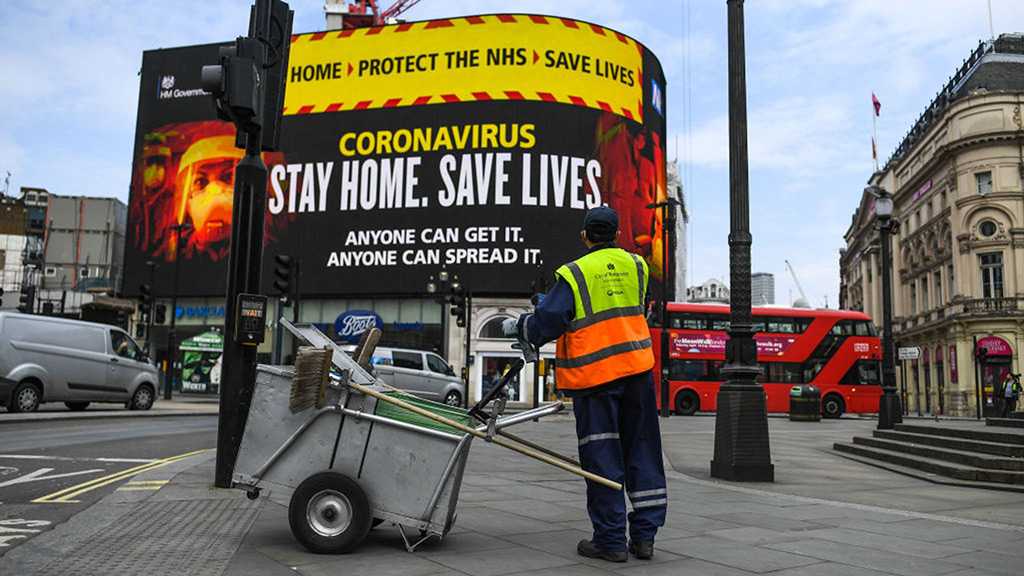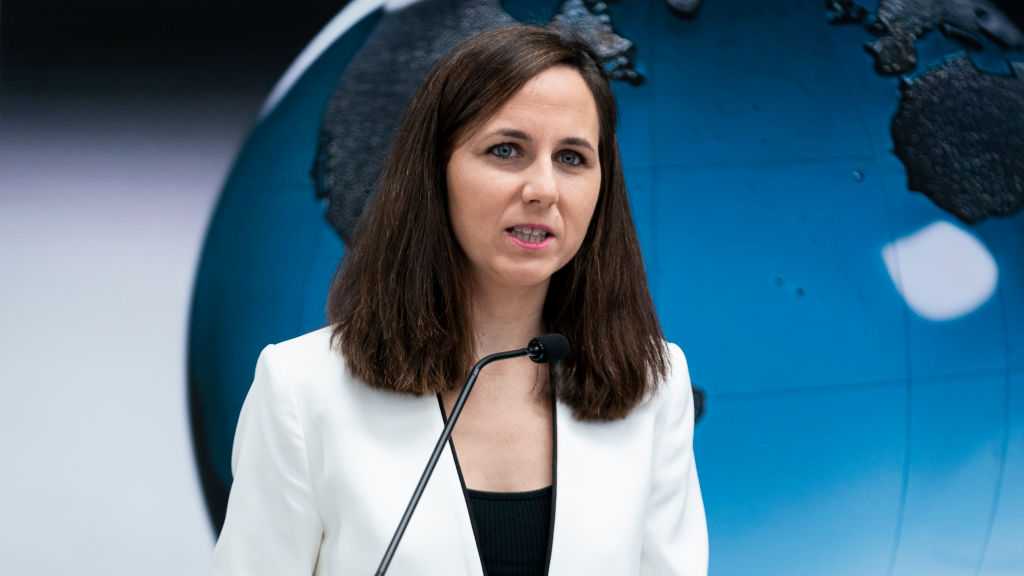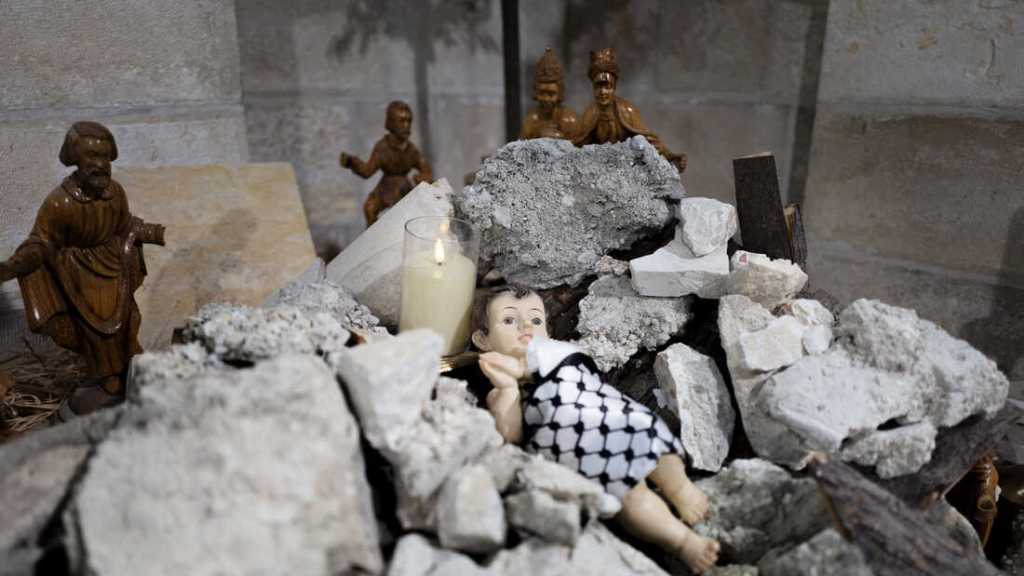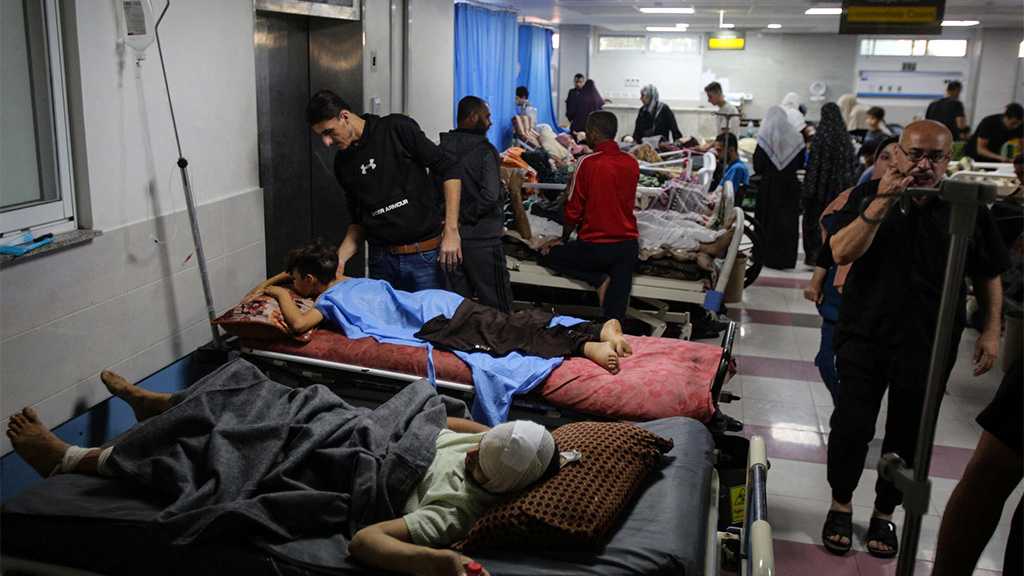
UK Emergency Lockdown Scheme Aims to Ban Social Interaction Amid Fresh COVID-19 Alarms

By Staff, Agencies
The UK Cabinet is readying to reinstate a total social lockdown across much of the country's north and potentially London to curb a progressing second wave of the pandemic. One government figure cited by The Times portrayed the capital's fate as "in the balance", with infection rates across a number of its boroughs sparking concern.
According to British government insiders, the first total social lockdowns are most likely to be imposed in Merseyside and the northeast, where case numbers continue to rise the fastest.
For instance, in Liverpool alone, Public Health England recorded 146.3 cases per 100,000 people last week, up from 95.8 the week before. South Tyneside, which is in Tyne and Wear in northeastern England, registered 137.8 cases per 100,000 last week, up from 86.5 seven days earlier.
Separately, three more Welsh council areas are to be placed under local lockdowns from 6 p.m. on Monday. Neath Port Talbot, Torfaen, and Vale of Glamorgan are following Cardiff and Swansea, where the hard measures were introduced yesterday.
Under the new plan all pubs and eateries will be ordered to close down initially for two weeks, with households banned indefinitely from meeting each other indoors. Schools will resume, along with shops, factories, and offices where not all staffers can work from home.
Such a social lockdown was among several options presented to the Cabinet's COVID-19 strategy committee before last week's new restrictions, which included a 10 p.m. curfew on all hospitality venues. The Times has learned that a group of six ministers, led by Boris Johnson, held them back, fearing a backlash from Tory MPs and sections of the public.
"The nation and the party wasn't ready for us to go any further last week. There wasn't a wide enough understanding of how substantial the second wave could be", a senior government source explained to The Times, suggesting that unlike the first lockdown, "nobody has seen pictures of body bags in Spain or France on the TV yet, which had a very powerful effect".
The source, however, went on to assert that tougher measures on social interaction must apply whatever the case, as the numbers from across the country have illustrated their inevitability.
In line with last week's updated set of restrictions, starting from Monday, Brits are legally required to self-isolate if they test positive for the infection or are contacted by test-and-trace services. Those who fail to fulfill the requirements will face fines of up to £10,000: local police will conduct spot checks in the most worrisome areas and look into tip-offs by neighbors reporting people breaking the rules.
Hailing the toughening of fines, Home Secretary Priti Patel said the measure is a clear sign that the government "will not allow those who break the rules to reverse the hard-won progress by the law-abiding majority".
The new emergency actions were drawn up after local restrictions imposed on hotspots across much of the north and swathes of the Midlands failed to reverse the rise of infections.
The government is expected to face a revolt over the Cabinet's exercise of coronavirus powers and its line of action in this regard, a Times report has it. Tory MPs publicly criticized the approach during a Commons debate, with almost 50 putting their name to an amendment that aims to force ministers to give the Commons a vote on coronavirus powers. The amendment could reportedly come up for a vote on Wednesday.
"How do people think that liberty dies? It dies like this, with government exercising draconian powers, without parliamentary scrutiny in advance, undermining the rule of law by having a shifting blanket of rules that no one can understand", Steve Baker, a Tory backbencher, told Sophy Ridge from Sky News on Sunday.
Despite a certain shift towards revisiting a March-like lockdown, Downing Street still assumes that such an overwhelming measure can be avoided because case numbers vary significantly across regions. While northeast Britain is a bit of a concern, the rates remain very low in the southwest as well as the southeast.
Chancellor Rishi Sunak, for instance, has been calling for a more lax approach for the sake of the nation's already struggling economy, declaring that Britons must learn to live "without fear".
Meanwhile, Michael Gove, a Cabinet office minister, has of late been the leading voice for even tougher restrictions, especially in light of questions arising about the effectiveness of the newly introduced 10 p.m. curfew for restaurants.



